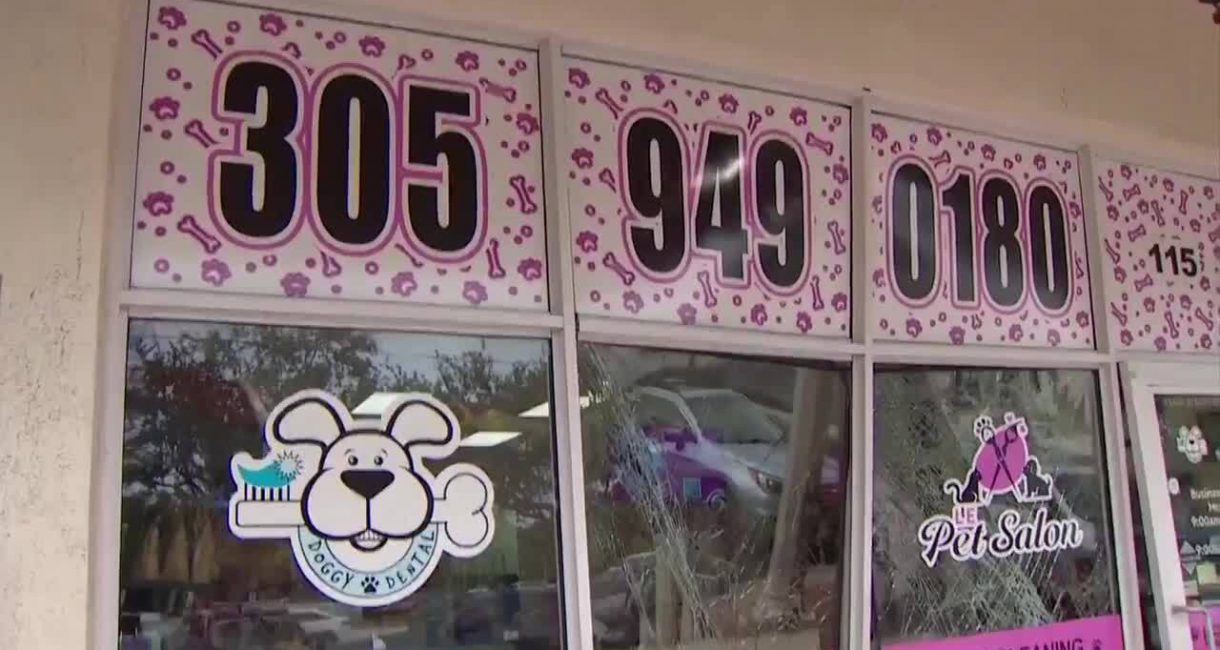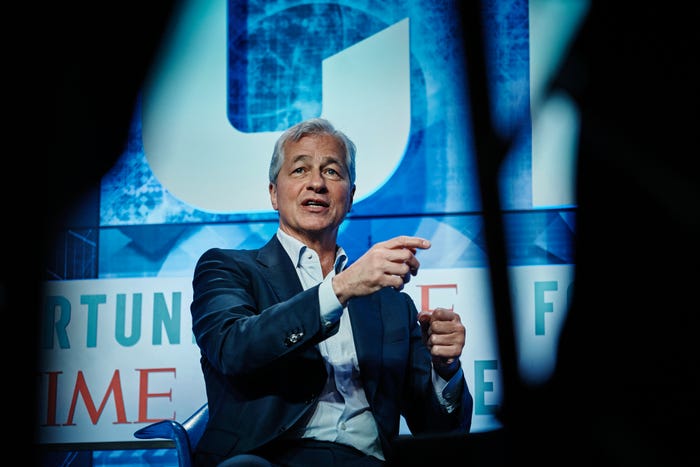From building a solid spaghetti tower to a hip design firm, these three millennials are changing the paradigm. Jennifer Perez, Yaileen Obregon and Daniela Purrinos met in grad school. One of the first projects they worked on together was a team-building challenge in a Master of Architecture class at Florida International University. The task was to build a structure with uncooked spaghetti and the women laughed, had fun and dominated the competition. The experience became the basis for their friendship and, eventually, their growing Miami design business. Designing a new blueprint for success “None of us wanted to have a boss,” Perez says. This common goal and drive to become entrepreneurs was something that quickly bonded the trio. Nowhere along the way were they taught how to start or operate their own business. The school’s standard curriculum was geared toward helping graduates succeed at working for a firm, not starting one. But that didn’t stop these young entrepreneurs. From day one, they agreed that they didn’t want to follow the typical route the university designed for its grad students: an internship followed by employment at a studio or firm and perhaps eventually starting your own firm. “Starting our own […]










